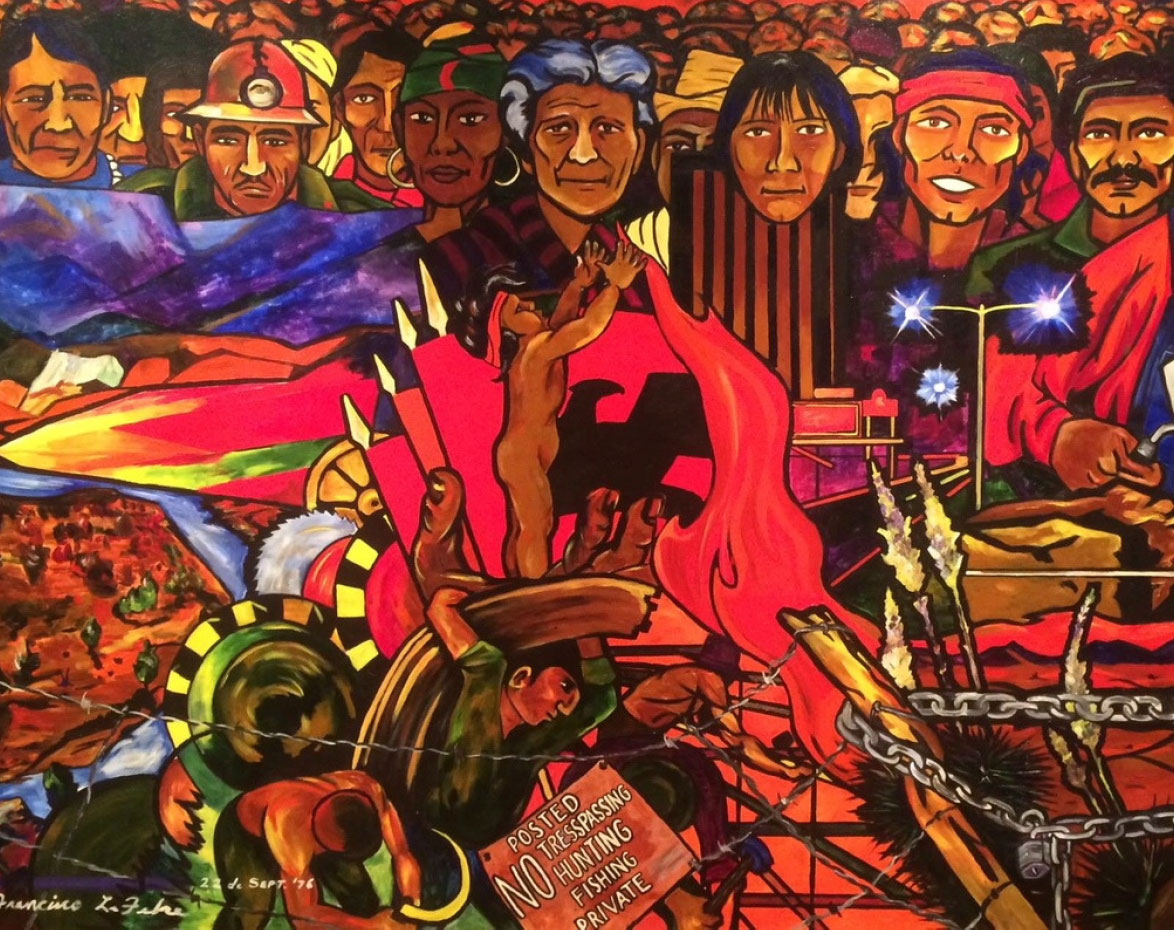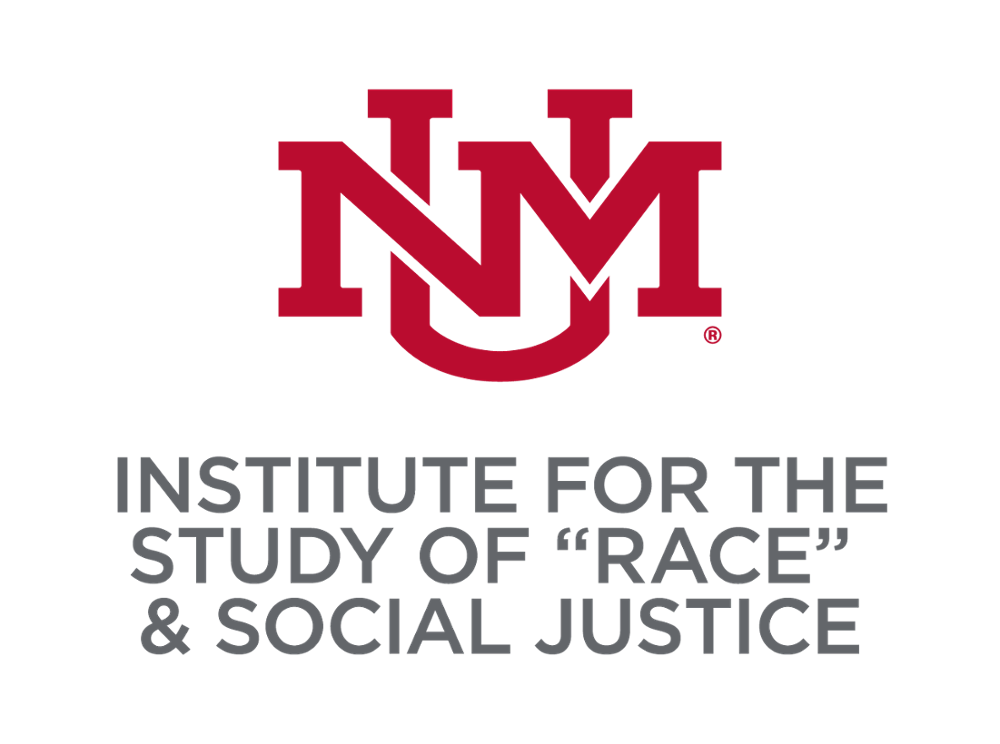Trans-Disciplinary Guidelines For Researching “Race”
Trans-disciplinary “Race” Working Group, Spring 2010

Preamble
As scholars committed to teaching, research and service that promote social justice, we ground our work in the fundamental assumption that social hierarchies based on race impact U.S. society at all levels and in multi-faceted ways. We view race as a social construction that has for centuries shaped our society and continues to do so today, and therefore we do not consider races to be genetically homogenous populations (see also, AAPA, 1996; AAA, 1998; ASA, 2003; APA, 2002). We place “race” in quotes to underscore its nature as a socially constructed category of social status in particular historical contexts, rather than as a reified category that is essential or fixed. Given persistent racism as shown by a wide range of indicators of racial inequality and the continuing role of race as a fundamental organizing principle in American society, we believe that we have a professional and an ethical imperative to engage in research that both advances scientific knowledge and contributes to social justice. While some policymakers and scholarly associations have called for the elimination of the collection of racial data, we believe that collecting such data is a crucial step in fighting racism and structural racial inequality. “Scholarship on ‘race’ provides scientific evidence in the current scientific and civic debate over the social consequences of the existing categorizations and perceptions of race; allows scholars to document how race shapes social ranking, access to resources, and life experiences; and advances understanding of this important dimension of social life, which in turn advances social justice” (ASA, 2003:2). We believe it is necessary to recognize racial categories as they have been and are used, processes of racialization, and racism in order to analyze and understand historic and persistent inequalities and the dynamics of contemporary racism.
Scholars can and should contribute to an anti-racist, social justice agenda (APA, 2002:18). As scholars and members of disciplines and universities, we are in a strategic position to transform research and policy. In an effort to create guidelines for research on race that transcend disciplines and the divides between the social, biological and health sciences, Drs. Laura Gómez, Professor, Law & American Studies, and Nancy López, Associate Professor, Sociology, convened a group of UNM scholars that met over the course of three months to discuss how their respective disciplines conceptualized and operationalized race and to formulate strategies for trans-disciplinary best practices for researching race.
The members of the working group at the University of New Mexico were:
- Sonia Bettez, Robert Wood Johnson Foundation Doctoral Fellow, Center for Health Policy & Sociology
- Lisa Cacari-Stone, Assistant Professor, Social Policy, Family & Community Medicine
- Laura Gómez, Professor, now at University of California-Los Angeles, formerly Law & American Studies, UNM
- Alexis Handal, Assistant Professor, Epidemiology/Family & Community Medicine
- Nasreen Khan, Assistant Professor, Pharmacy
- Jeffrey Long, Professor, Anthropology
- Nancy López, Associate Professor, Sociology
- Jamal Martin, Clinical Assistant Professor, Public Health/Family & Community Medicine
- Kathy Powers, Assistant Professor, Political Science
- Steven Verney, Associate Professor, Psychology
The following ten points highlight our collective, trans-disciplinary guidelines for effectively researching race. We urge researchers and policy makers to consider them at all stages of the research process, including research design, analysis, and interpretation, as well as ethical conduct and professional responsibility as researchers and scholars.
Trans-disciplinary Guidelines for Researching “Race”
- “Race” is a socially constructed phenomenon. Scholars should challenge popular notions of “race” as a fixed trait (that is often perceived as biologically and/or genetically based).
- Researchers should question why and how the notion of race as biologically and/or genetically based persists despite scientific challenges over several generations.
- Scholars should question who gains from maintaining and/or who is invested in the idea of race as biology.
- Researchers should explicitly define and operationalize race.
- Do not use race, ethnicity and culture interchangeably without justifying why.
- Do not use race interchangeably with biological populations; racial categories (or terms) are not a proxy for genetic variation.
- In order to capture the complexity of the construct of race in research, we recommend the following strategies:
- Rather than only measure race in one way (e.g. self-identification from a list of pre-selected options), use multiple measures of race (e.g., add a question such as, What race do others think you are?).
- Use a variety of methods to conduct research on race (e.g., mixed methods).
- Collect data over time (e.g., longitudinal data).
- Engage in multi-dimensional research, recognizing how race operates at the micro (interpersonal), meso (institutional), macro (structural) levels of society.
- Interpret results with care so as not to misrepresent or exaggerate findings (e.g., correlation is not causation).
- Recognize and state the limitations of one’s data. For example, when one data source does not adequately define race, consider merging or combining data sources.
- Scholars should be attentive to race and intersectionality, or how a variety of identities and social categories operate simultaneously and interact in complex ways (e.g., gender, class, sexuality, immigration status, etc.).
- Race and class interact in complex ways; researchers should not use them as proxies for each other.
- Social, historical, and geographic context matter--from the local to the continental levels. Researchers should always account for context in data collection, analysis and interpretation.
- Researchers should not conflate race and racism. Measure racism in its complexity.
- micro/interpersonal level (e.g., individual lived experiences).
- meso/institutional level (e.g., formal and informal policies and practices).
- macro/structural level (e.g., media representation, political discourse).
- Each researcher should address how his/her social position and personal experiences and understandings of race (whether conscious or not) may shape the research questions and analysis.
- Scholars and policy makers should consider the ethical implications of their work. Whether intended, or not, research has social consequences. Research should be anchored in the following principles: transparency; community collaboration; reciprocity; justice; and social responsibility. Researchers should aim to do no harm.
- For applied interventions start with the end in mind (e.g., social justice), and then focus on the outcomes.
REFERENCES
American Anthropological Association. 1998. “Statement on Race.” Washington, DC. Last accessed on 08/15/10 at http://www.aaanet.org/stmts/racepp.htm.
American Association of Physical Anthropologists. 1996. AAPA Statement on Biological Aspects of Race, American Journal of Physical Anthropology, (101):569-570. Last accessed on 08/15/10 at http://physanth.org/association/position-statements/biological-aspects-of-race.
American Psychological Association. 2002. Guidelines on Multicultural Education, Training, Research, Practice, and Organizational Change for Psychologists- Washington, DC: American Psychological Association. Last accessed on 8/15/10 at http://www.apa.org/pi/oema/resources/policy/multicultural-guidelines.aspx.
American Sociological Association. 2003. The Importance of Collecting Data and Doing Social Scientific Research on Race. Washington, DC: American Sociological Association.
To support the work of the Institute please donate via our giving page at the UNM Foundation: https://www.unmfund.org/fund/institute-for-the-study-of-race-and-social-justice/

